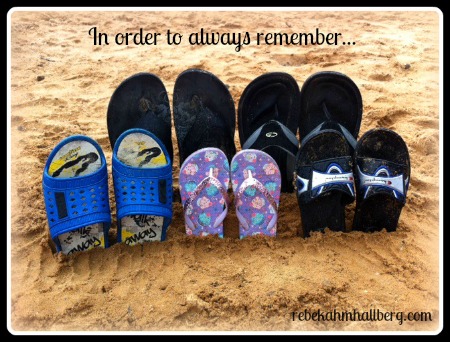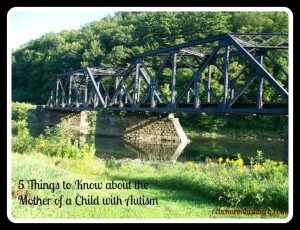Today, April 1st, is the start of Autism Awareness month. Our younger son was diagnosed with Asperger Syndrome in August, 2011. While I don’t write about his needs as much anymore, today seems like a good time to share a little with you.
Today has also been set aside in remembrance of children with autism who lost their lives after wandering. This is so near and dear to my heart.
In remembrance…
please take a moment and read the names on the image below.
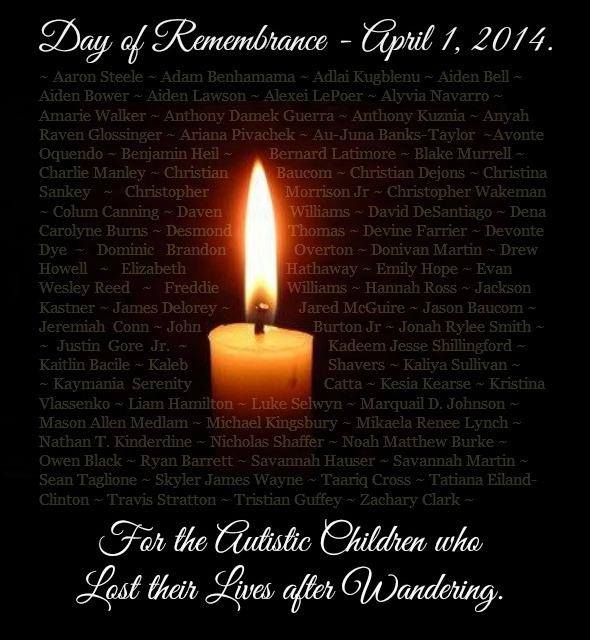
To be honest, I didn’t even know much about elopement when we started this journey. I just knew that, at times, my son would take off and I’d have no idea where he was going.
He spoke well, and so I was concerned when I would call his name and he wouldn’t answer. It’s quite stressful to call your child’s name and realize that they won’t answer, but to have no idea why they won’t answer. For my son, that was due to a lack of receptive language (understanding of language) and pragmatics (the use of language). He didn’t know how to answer (receptive language) and he didn’t know that he should answer (pragmatics).
Why is the remembrance of these children so dear to my heart?
Quite simply because on two separate occasions,
my son walked right out of the house and kept on going.
Not only that, but on numerous occasions he just walked away from us -
at stores, at parks and playgrounds, in parking lots, just about anywhere.
Our youngest, our daughter, is about 2 years younger than our son. The hardest time for us was shortly after she was born - probably most of that first year. Our son’s language skills were good, but we didn’t realize just how much he didn’t understand us when we spoke to him. He also didn’t know how to express himself to us, and so he didn’t tell us what he needed or wanted.
All of that led to many misunderstandings - after all, he had ideas and was carrying them out, but couldn’t tell us what he wanted to do, or why. He didn’t comprehend that he was doing anything wrong.
I wonder how many of the children listed on that image had the same kind of mindset. Maybe they had a plan, maybe they knew exactly where they wanted to go and just decided to get going.
The difference in our situation is, someone saw my son.
I don’t know the name of the young boy who grabbed my son and the big stroller he was pushing just before he headed into the intersection by our house. But, no doubt, that young man, who may not have even been a teenager, prevented injury, kidnapping or even the death of my child.
“Thank you” just isn’t enough.
The other time my son ran off, it was very early in the morning - 5:00 or 5:30 a.m. - and he went out back to take the dogs out. It was a great plan; I loved that he was taking responsibility! The problem was that no one else in the house was awake. He used the door under our bedroom, so I heard it opening, thankfully. Again, though, he had a great plan, and he knew of no reason as to why he should not carry out his plan.
We immediately began discussing safety with him, and practicing safety scenarios in his therapy sessions. And that helped, but only some. His understanding of language really had to increase, though, before he understood any of our safety concerns.
Even now I know he understands the words we say with regard to safety, but I question how much he understands - how much it might impact his decision-making in a situation requiring him to make decisions pertaining to his safety.
I heard bits and pieces of suggestions from other families in similar situations, and we employed a few of those techniques.
The first thing we did was to visit the local police station. It’s not actually the police station for the town we live in, but it’s the police station that is closest to us and it’s in the town with which our son is most familiar. We’ve introduced the police to him, and we’ve introduced him to the police - meaning, they took notes about his name, age, address, and diagnosis. We’ve visited twice, and we’ve discussed directions for how to get to the police station if he ended up in town by himself. But would he remember in an emergency situation? I don’t know.
The second thing we did, a couple of years after visiting the police station, was to make him known in town. We didn’t do this in a glaringly obvious way. Rather, we partnered with people with whom we already had some sort of relationship.
We took a half-sheet of paper with his name, birthdate, and family information. We also included a request that if the police needed to be called (if we couldn’t be reached), that they come with their sirens off so as not to “shock him” into realizing that he was somewhere without us. We don’t know what he would do in that kind of situation and he might be likely to just take off again and keep running.
To this day, he has not run off again. But the fear is there.
And the parents of the children listed on the graphic have had those same fears, I’m sure. Except, their worst fears came true. There wasn’t a helpful neighbor who saw their child and pulled them to safety.
Instead, there were fears, questions and tears as a life ended too soon.
It could have been us, just as easily.
Please take just a moment to read through the names, to honor the memory of each and every life, gone too soon. This happens too often.
As a mother of a child with a form of autism, I implore you to keep your eyes open. Keep watch for someone who may need your help. Don’t hesitate to grab the kid running down the street - or at least stay with them until the parent arrives.
And again, to the young man who saved my son, thank you.
Thank you.







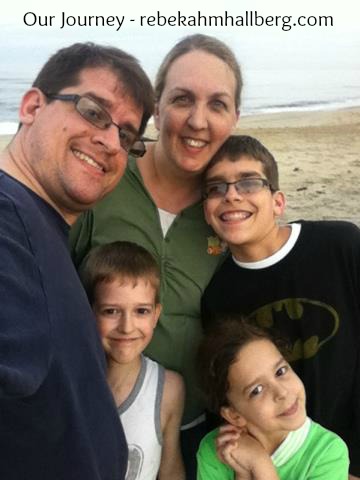
 He struggles with imperfection. If he has created it (in any form – written, drawn, crafted, etc.) and it’s not perfect, then ultimately, it’s not okay in his mind. We’re working so hard to change that, but please, for a minute, consider the stress that the need for perfection puts on us as adults. And now, realize that our son has just turned nine years old, and already carries more need for perfection, due to his special needs, than I carry as an adult. It’s devastating when something doesn’t go right.
He struggles with imperfection. If he has created it (in any form – written, drawn, crafted, etc.) and it’s not perfect, then ultimately, it’s not okay in his mind. We’re working so hard to change that, but please, for a minute, consider the stress that the need for perfection puts on us as adults. And now, realize that our son has just turned nine years old, and already carries more need for perfection, due to his special needs, than I carry as an adult. It’s devastating when something doesn’t go right. 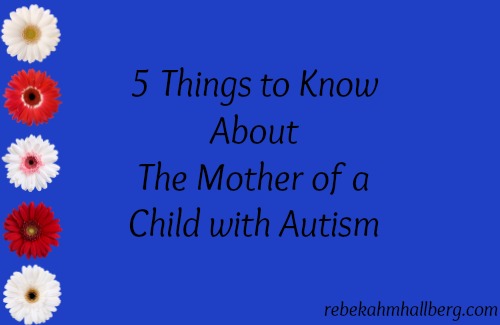





 But then, there’s this guy - see that face? I know - I can hardly see it either. We have spent the 9 years since he was born, trying to help him in one way or another. From early feeding issues, to a then-unknown speech and language problem, to wondering if he could actually hear or not, to countless nights where he couldn’t (or sometimes, wouldn’t) sleep - we have been there.
But then, there’s this guy - see that face? I know - I can hardly see it either. We have spent the 9 years since he was born, trying to help him in one way or another. From early feeding issues, to a then-unknown speech and language problem, to wondering if he could actually hear or not, to countless nights where he couldn’t (or sometimes, wouldn’t) sleep - we have been there. 
